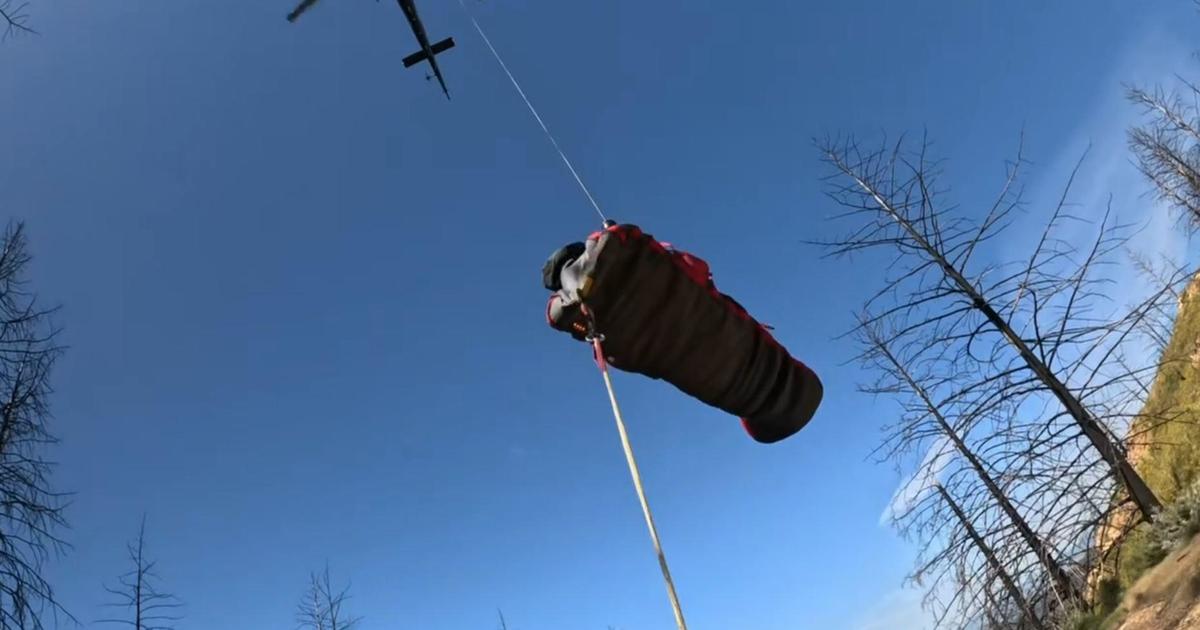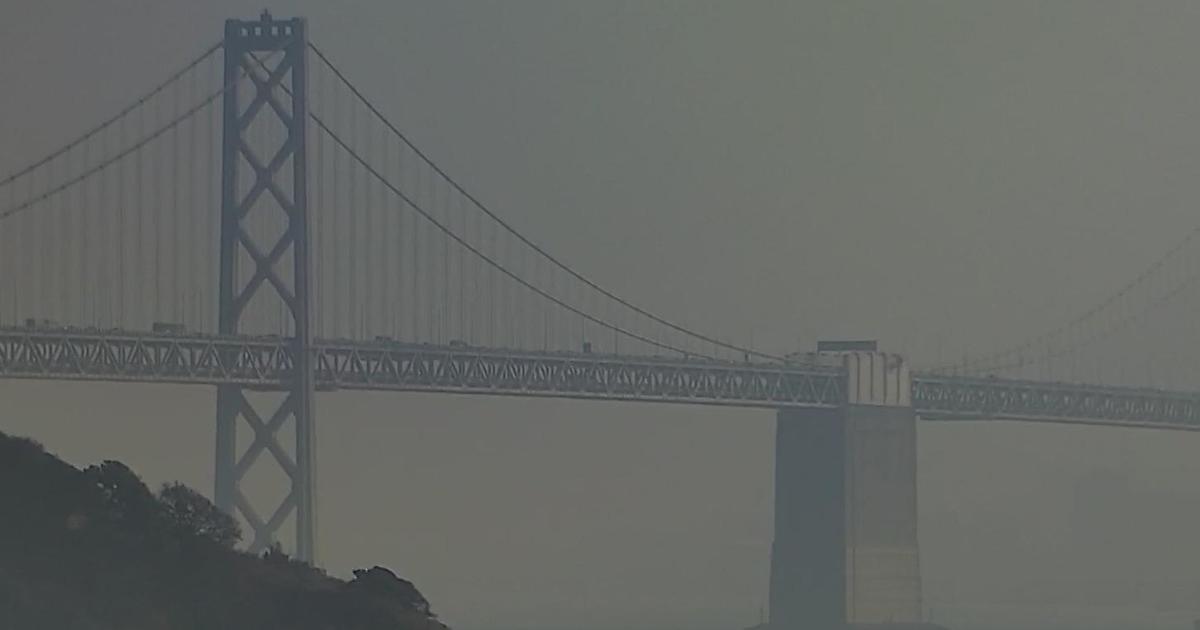The North Face Among Outdoors Companies Using Environmentally Hazardous Chemicals
ALAMEDA (CBS SF) -- Clothing and gear manufactured by the The North Face, among other outdoors brands, has recently tested positive for containing chemicals deemed hazardous to the environment.
"We don't have all of the answers," the Alameda-based outdoors company admits in a section of its website devoted to product chemistry.
A new report, released Monday by the non-governmental environmental organization Greenpeace, found that The North Face, along with Ventura-based Patagonia and other outdoors brands from around the world, are using hazardous per- and polyfluorinated chemicals, known as PFCs.
PFCs are chemical molecules commonly released during the production of water resistant outdoor gear, such as jackets, tents and sleeping bags, but also clothing and shoes.
Studies show that PFCs impact the reproductive and immune system and are potentially carcinogenic.
Greenpeace decided to test popular items from major outdoors brands following an investigation released in September 2015, in which they found these chemicals being used to make weatherproof products, contaminating pristine environments in remote locations on three continents.
Snow and water samples showed that PFCs were present in remote locations around the globe.
The North Face website states that while the company has set a goal to use only non-fluorinated chemicals in the manufacturing of apparel by 2020, they still use them.
The North Face states that, "Our use of these chemicals is conducted responsibly and exceeds or is compliant with all federal and international regulations governing chemical use," but admit that "high concentrations of PFCs can potentially have harmful effects on the environment."
The company states that "Outdoor apparel adds a negligible amount of PFCs into our environment" but that the company has nonetheless, "been hard at work to eliminate them from our apparel."
According to the North Face, their Spring 2015 line did not contain any long-chain PFCs in their technical apparel, but that short-chain PFCs are still used.
The North Face admits that while they transitioned a handful of their apparel products to non-fluorinated treatments and have found that those products could obtain the same performance characteristics, with the exception of retaining the same level of stain resistance, they still don't expect to phase out the use of those chemicals in their apparel for another four years. And footwear and equipment could take even longer.
Next year, 30 percent of The North Face apparel is likely to be non-fluorinated, the company proudly states on its website.
Greenpeace found that a sleeping bag manufactured by The North Face contained a type of PFC called Perfluorooctanoic acid, or PFOA. The outer fabric from The North Face's Snow Leopard sleeping bag contained the highest concentration of PFOA by weight of all 40 products tested during the study.
According to the U.S. Environmental Protection Agency, PFOA is categorized as an "emerging contaminent" and that toxicological studies on animals indicate it has potential developmental, reproductive and systemic effects.
Greenpeace has started an online petition to demand that chief executive officers at The North Face and Switzerland-based Mammut do right by the environment. Greenpeace argues that outdoor companies using remote wilderness locations in their advertising to sell products, should not allow their clothes and gear to contaminate those same places.
Other outdoors companies which Greenpeace said also needed to remove hazardous chemicals from their products and manufacturing products were Jack Wolfskin, Patagonia, Norrona and Salewa.
In May 2015, the journal Environmental Health Perspectives published a document known as the Madrid Statement, signed by more than 200 scientists from 38 countries calling for the elimination of all PFCs, including short chain, from the production of all consumer products.
Read Greenpeace's full report here.
By Hannah Albarazi - Follow her on Twitter



